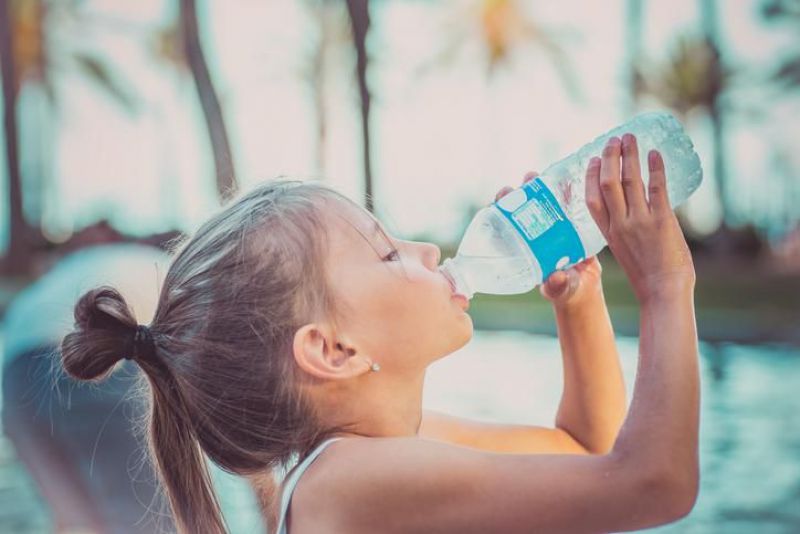How to stay hydrated

In warm weather it's important to stay hydrated by drinking more water right? Actually it's not that simple, especially if you're exercising. Let's dive into looking at electrolytes, fluid balance and more...
Right now it sounds pretty complicated, but let's start with a simple trick to help you stay hydrated day-to-day...
Firstly, plain water isn't enough, for your body to absorb the fluid it actually needs to be ever so slightly saline. It's partly how rehydration sports drinks work, but if like me you're not too keen on drinking those products day-to-day then a simple trick is to make very dilute squash. No more than a splash, the mildest hint of flavour will help you rehydrate more quickly.
What are electrolytes and why are they important?
Electrolytes are the chemicals that help regulate your body and keep it in it's 'happy' or 'normal' state (this is also known as homeostatis). There are 7 main electrolytes:
- Sodium
- Chloride
- Potassium
- Magnesium
- Calcium
- Phosphate
- Bicarbonate
It's important to have the right balance of electrolytes, as they conduct the electrical impulses that keep everything functioning from your brain to your heart and all the bits in between. What can happen when you combine extreme heat with exercise (and therefore profuse sweating) is this balance is disrupted; which can result in:
- Cramps
- Nausea
- Lethargy
- Fluid retention
In serious cases it can cause an irregular heartbeat or a seizure; at which point you're going to need medical attention.
How to avoid an electrolyte imbalance during exercise
For those of you who are seriously into your endurance sports then you'll know there are a whole range of gels, drinks and supplements to take. However, for the rest of us the basic advice is to either use a pre-mixed sports drink (or add a suitable drink supplement to water) ensuring that:
- You are hydrated before you start
- Only drink if you are thirsty, this is usually after 30mins to an hour of exercise
- Only consume between 14-20 fluid ounces per hour
